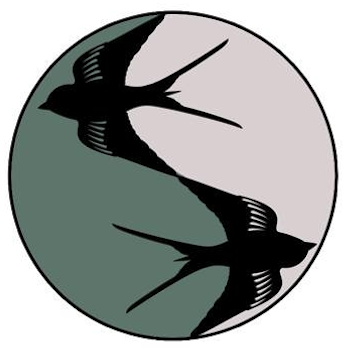Estonia

About Us
The first Estonian DBT teams were trained in early 2021 by the amazing trainers at British Isles DBT. Although running trainings during the COVID pandemic posed a lot of challenges, nine DBT teams across Estonia were created. Initial trainings were funded by the Social Insurance Board. The Estonian Association for Dialectical Behavioral Therapy was established in March 2023 and is registered as a non-profit organization.
Local therapy programmes
1. Most DBT programmes are run from public hospitals, and services are free of charge for participants with health insurance. Clinicians at the University of Tartu Hospital Psychiatry Clinic run programmes for both adolescents and adults, while the North-Estonia Medical Centre Psychiatry Clinic and Pärnu Haigla are focused on serving adult populations, and Viljandi Haigla and Tallinn Children’s Hospital adolescents. All teams have run full closed programmes, the North-Estonia Medical Centre team has initiated a full open programme and also offered skills-only programs.
2. Two private practices – Sensus out of Tallinn and Kognitiivse Käitumisteraapia Keskus out of Tartu – also run DBT programmes geared toward adults. Programmes have so far been shorter in duration (14-19 weeks) and financed by the participants.
3. One DBT team – from Papaver – runs programmes within a rehabilitation setting. Service providers at Papaver offer programmes for both adolescents and adults, in both Estonian and Russian. Services have been funded from national social rehabilitation funding, local municipalities, and private persons.
Members
As of May 2025, it has 39 full members (people who have completed DBT intensive or foundational training and work on DBT teams) and 17 affiliate members. The Association mostly comprises of clinical psychologists, but also unites mental health nurses, social workers and psychiatrists who provide DBT.
The Board of the Association includes:
- Kaja Parts (Head of the Board)
- Heidy Õunapuu and
- Helo Liis Soodla.